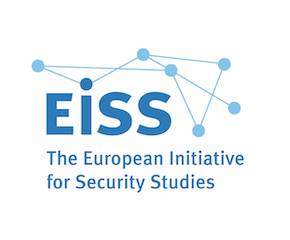Speaker
Description
Many countries experience the presence of criminal organizations with different degrees of territorial control. In some cases, these organizations develop governance strategies--de facto controls over different aspects of social, economic, and political life in the territories where they operate. These groups’ presence produces a wide array of coexistence problems, as well as security issues. Criminal governance studies in Latin America tend to focus on countries with high levels of violence, powerful criminal organizations, and low levels of state presence in the territory. However, evidence shows that there is criminal governance also in cases like Argentina, Chile, and Uruguay, where the state is present throughout the territory, and violence levels are comparatively low. This project’s main objective is to expand our knowledge about criminal governance in these settings, focusing on the case of Montevideo, Uruguay. The project employs a mixed-methods design, combining in-depth interviews with community leaders, members of NGOs, state and local authorities, and a public opinion survey containing a list experiment. This research strategy seeks to minimize the risks involved in studying criminal organizations while obtaining as much information as possible to understand the logic of criminal governance in Montevideo.
| What discipline or branch of humanities or social sciences do you identify yourself with? | political science |
|---|---|
| If you are submitting an Open Panel proposal, have you included all four abstracts in attachment? | No, I am submitting a Closed Panel abstract |
| Are you a PhD student or early-career researcher? | No |

